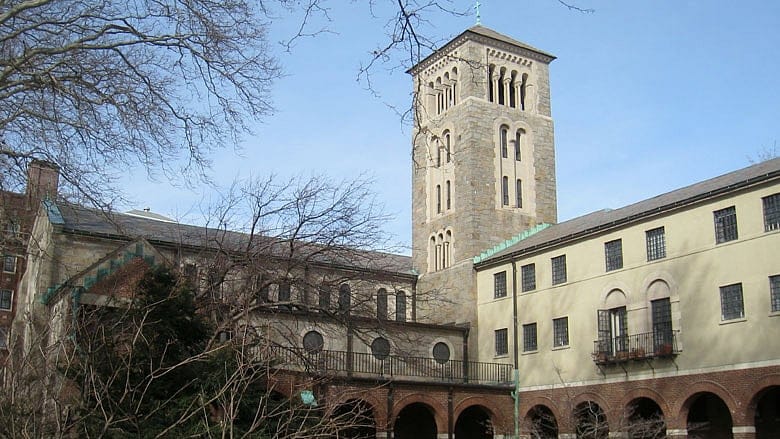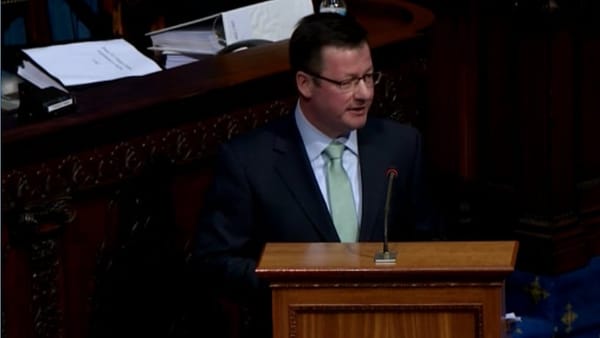Brothers under a Mystic roof

"So why do you think people find the choice you've made to be such a novelty, even a kind of scandal?"
"I think, it's because this is a hidden life," Brother John Braught says, "Many people don't even know that monks still exist." He continues, "People don't know what it is, or what happens here. So there's a kind of monk mystique behind the enclosure." Tall and made more so by the length of his black habit, Br. John Braught is one of three Society of Saint John (SSJE) brothers who've agreed to speak with me for forty minutes each on this chilly Maundy Thursday of Holy Week.

